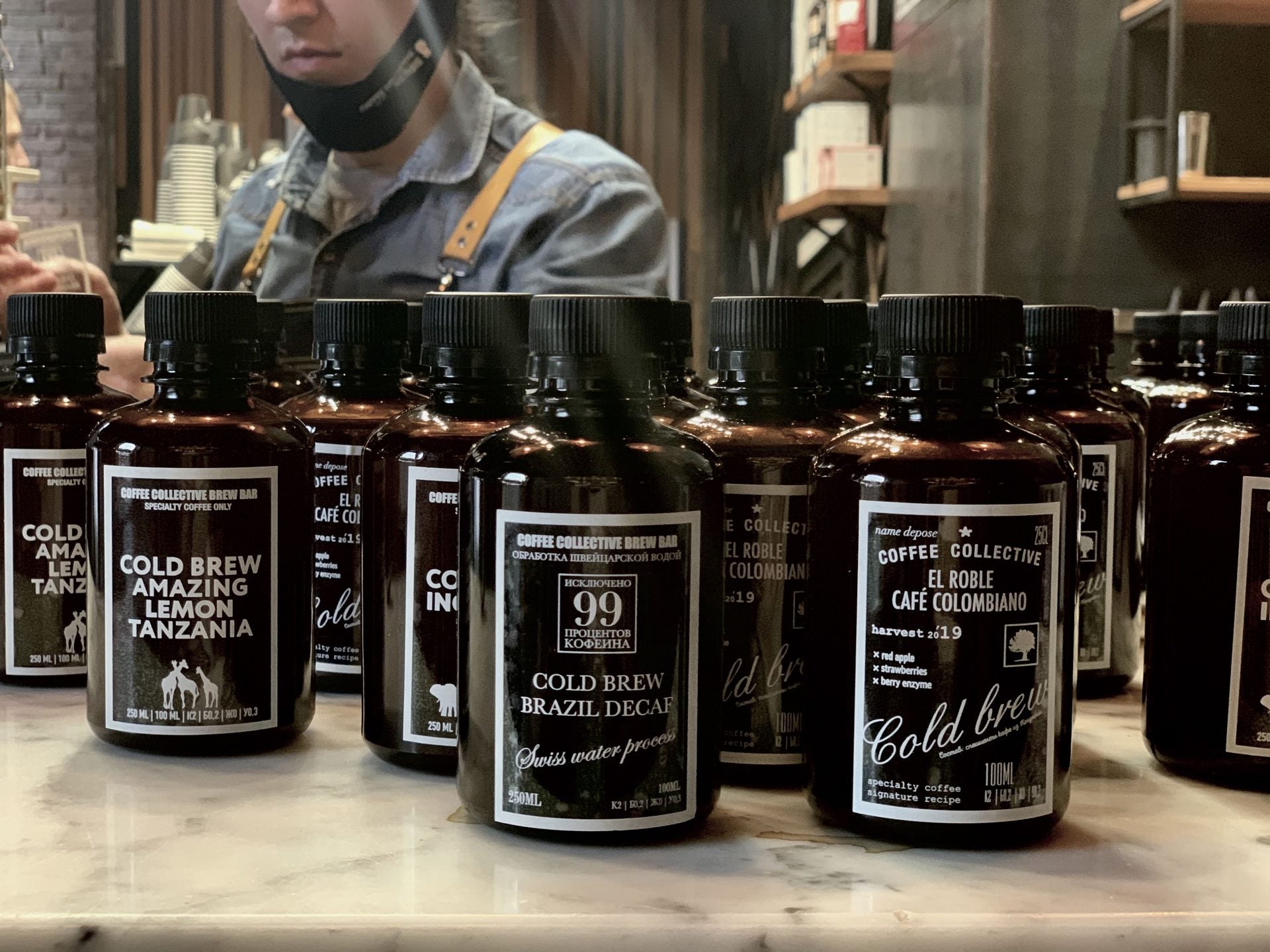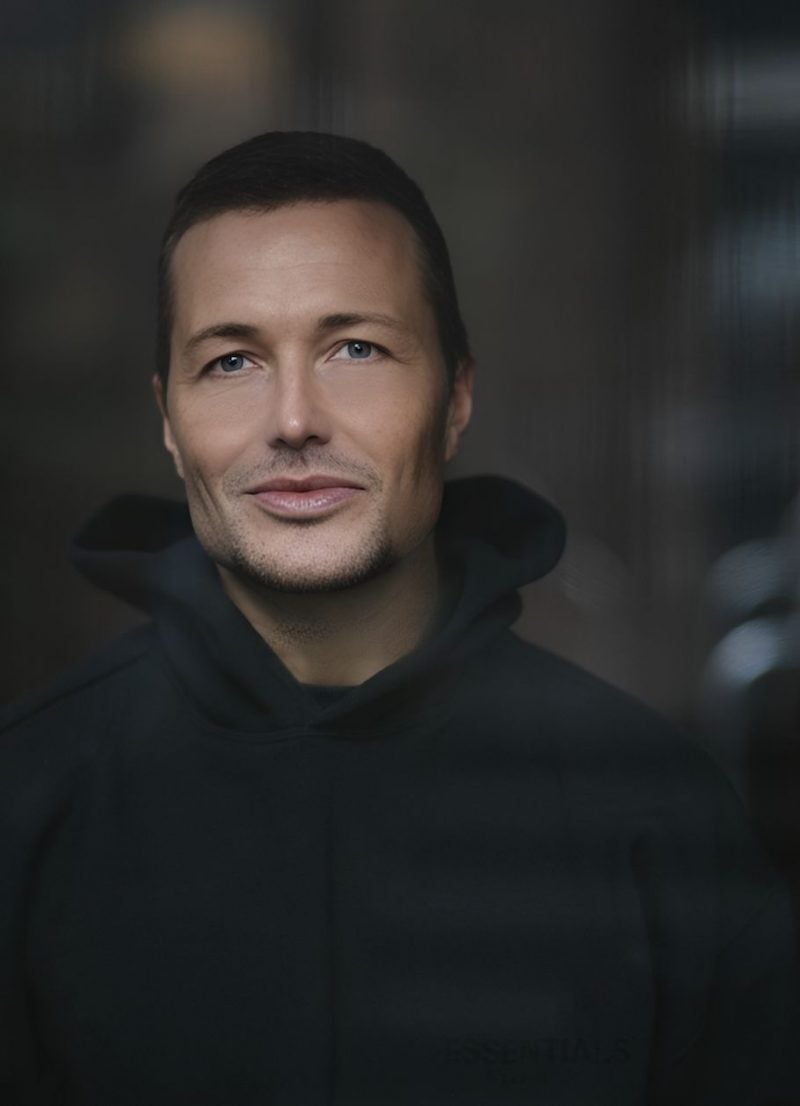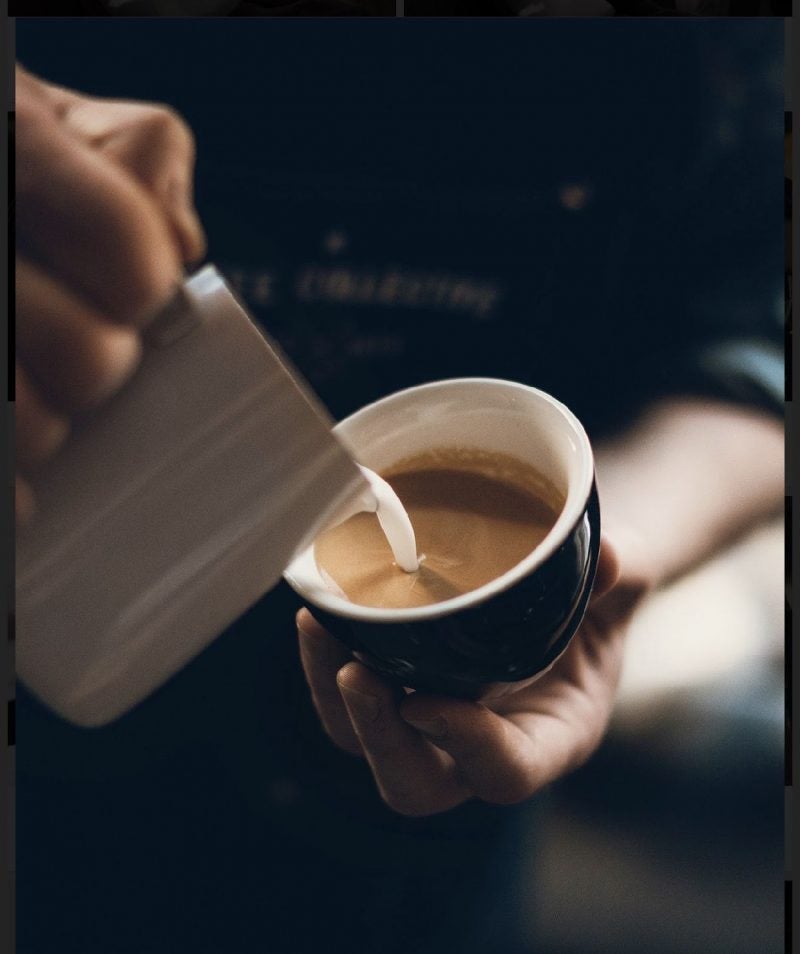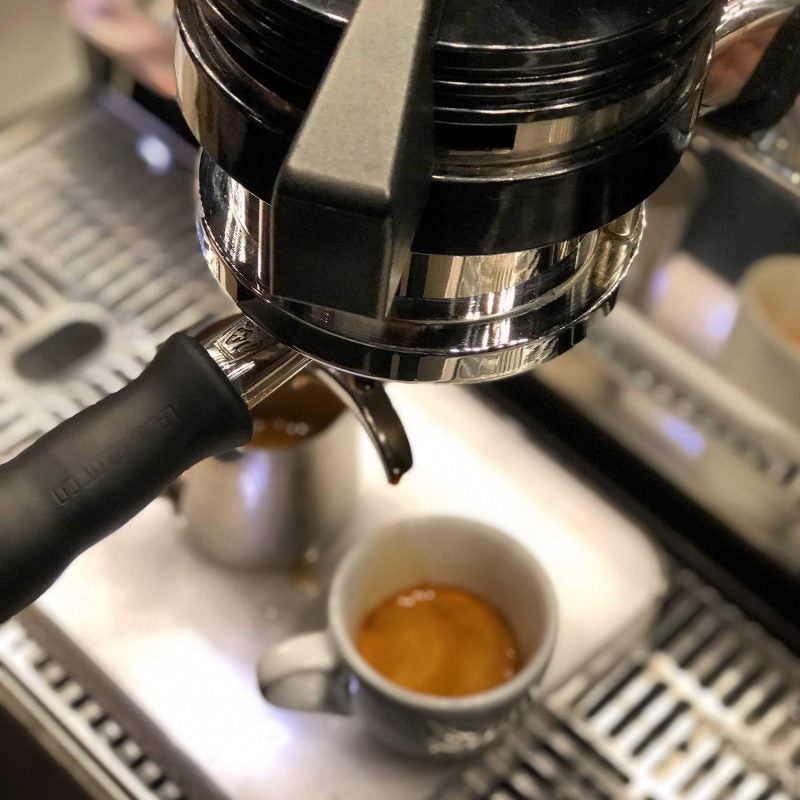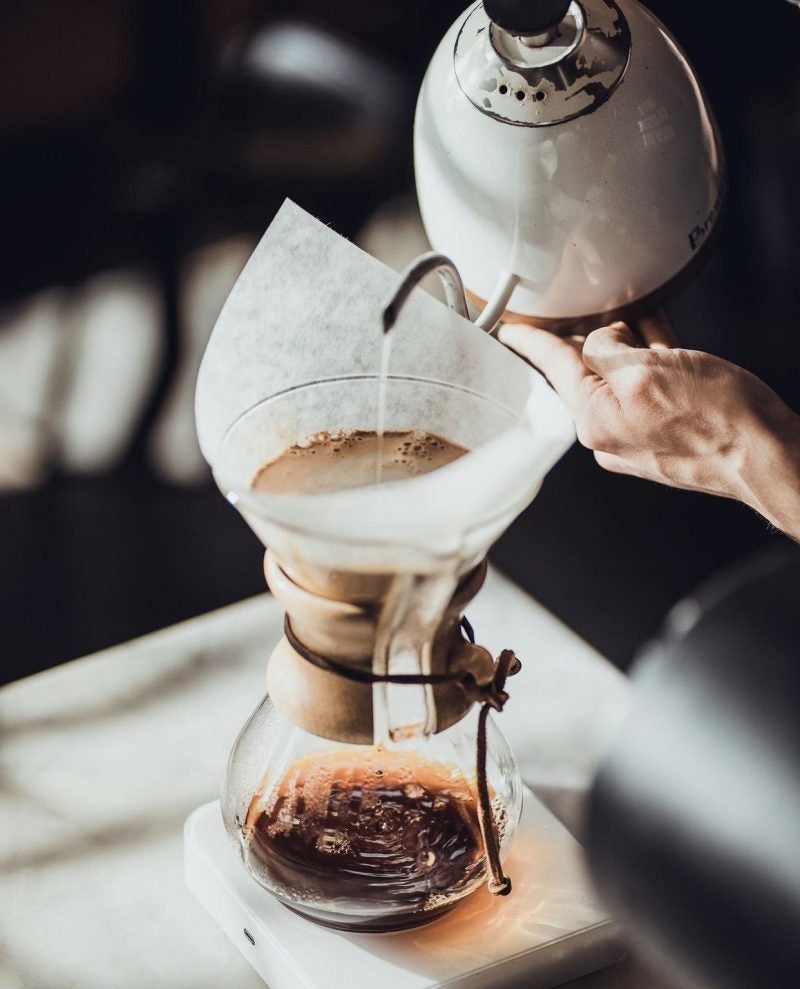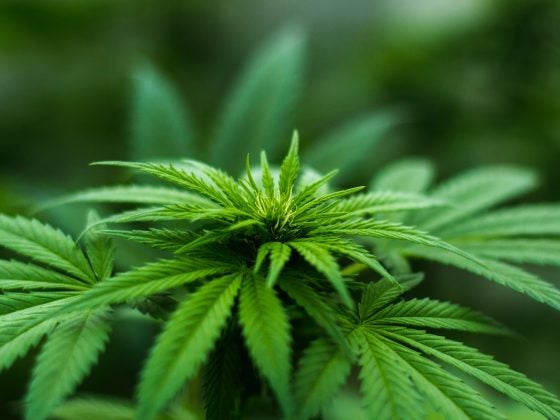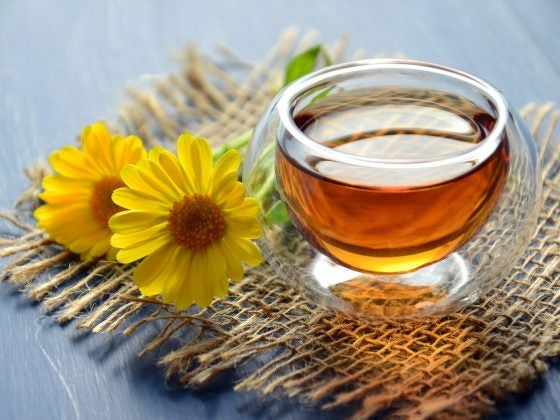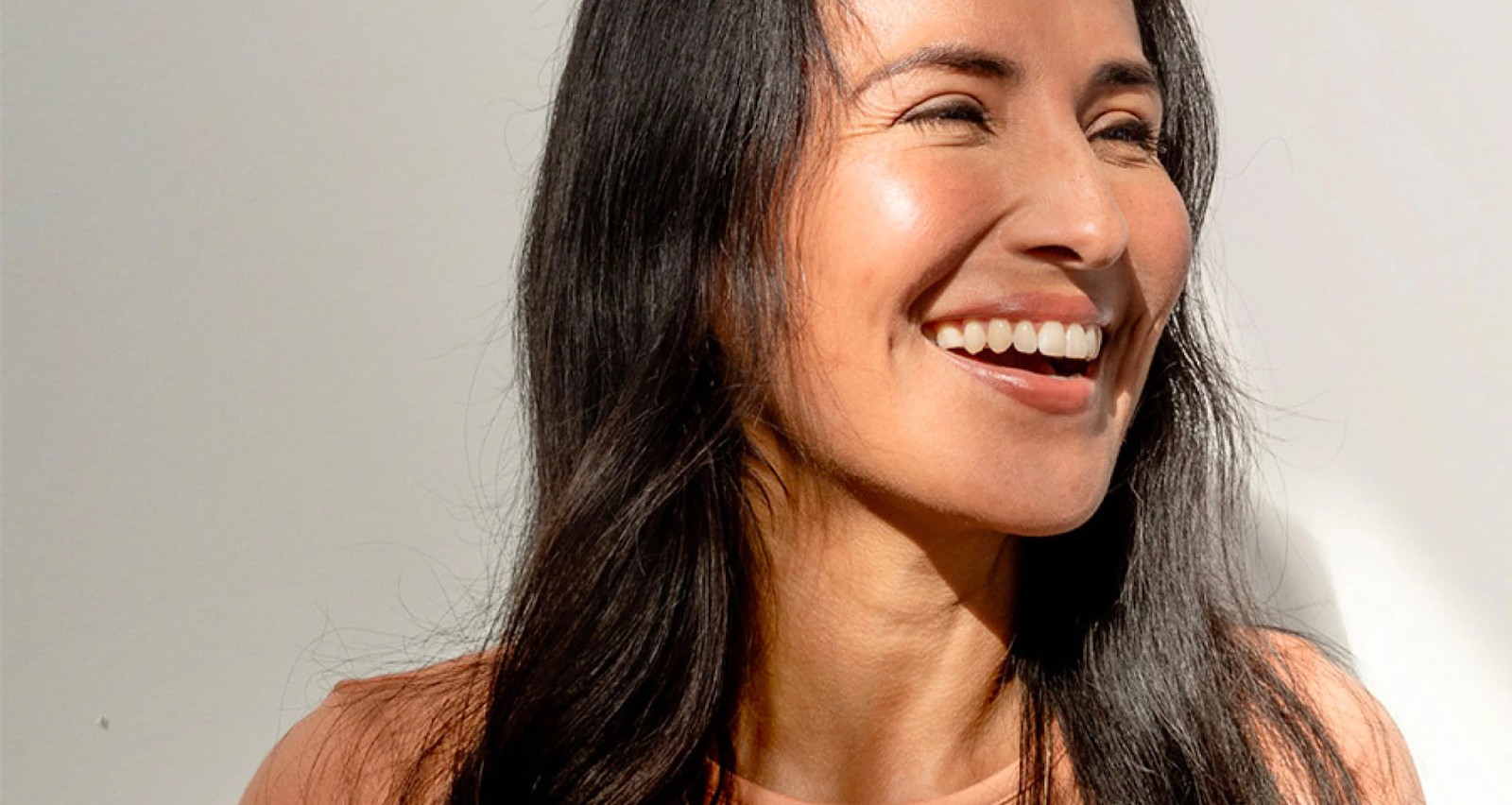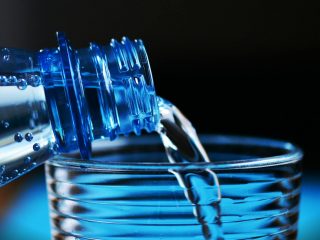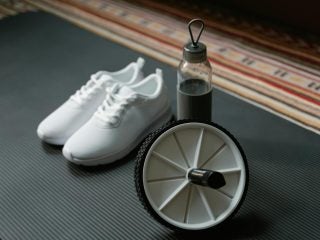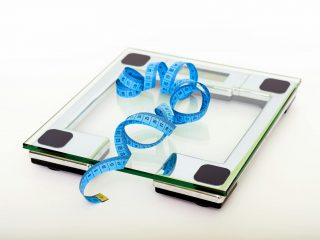We find the answer to this question with an outstanding coffee expert, who created the Coffee Collective brew bar project, Highline Sensory Coffee Code, Barista Institute, Educational program Coffee Specialty Education Trust and has over 10 years of professional experience in the specialty coffee market – Alexey Nagibin.
Alexey Nagibin is a real Expert in the world of specialty coffee, the man, who seems to know everything about the drink itself and the world of the coffee industry.
It seems as simple as that – just tell me how many cups you can consume and you’re done! However, THIS question can’t have such a dull answer.
Let’s sort it out, why an overdose from coffee can occur. It is most likely we are talking about an overdose of caffeine; it is this very substance that can harm a person. Caffeine is the response of coffee trees to attempts to do harm to them by insects and other microorganisms. Trees produce it as a protective substance against all who is able to prevent them from propagation.
Robusta in warm countries in the lowlands produces a maximum of caffeine, whereas high- mountain arabica produces the least amount of it, since there are little or no at all insect pests at height in the mountains and the trees simply ‘turn off’ this protective function, accumulating all its efforts to obtain nutrients from the soil to gain strength, and produce the best berries for a good harvest and procreation.
Moreover, it is impossible to consider coffee as one product. Coffee is a berry that grows in different conditions and in different areas. If we talk about berries, let’s imagine: I will give you one blueberry, and you will get some pleasant sweetness, sourness, trace elements and vitamins with it, but if I give you one spurge-flax berry, you will have a bitter taste and even get poisoned.
With coffee it’s almost the same, different varieties have many differences: growth height, geography, climate and, of course, the caffeine content is determined by a set of factors. Because of this, coffee berries have different caffeine content, so it is not correct to measure such an answer in the simple number of cups.
The New York Times once published a ‘sensational’ news item in which they declared that for an overdose, to be literally on the verge of death, you need to drink 42 cups of coffee in one day))) No one has ever tried it up to now)
In 2020, we conducted an experiment in our lab – by exposing brewed coffee to analysis for caffeine content. In our case, the result just slightly deviated from that of the edition, and the critical dose was equivalent to 2.5 gallons (3.7 l filter coffee). Moreover, in order for the dose of caffeine to become life-threatening, one must drink this amount of it at a very high speed to prevent metabolism, but, most likely, a defensive reaction will activate the gag reflex and simply will not let all this volume get into your body.
For the critical dose of caffeine, we took the FDA calculations. According to their data, a teaspoon of caffeine is dangerous to the health of the average healthy person. Moreover, with regular caffeine intake (with tea, coffee, soda, certain meals), the body develops tolerance to thiselement. Someone (like me) has a high caffeine tolerance and an extremely high metabolism. I enjoy a cup of espresso even after a late dinner! However, there are people with high sensitivity to caffeine. Still, even they have a virtually unachievable risk of getting fatal poisoning because of the drink intake.
I studied the issue of caffeine poisoning in general, in the history of mankind. There are insufficient rare mentions, where cases of caffeine overdose are known to physicians, but all of them are associated not with the consumption of coffee as a drink, but with the consumption of caffeine as a drug and in combination with other drugs containing stimulants, energy drinks, alcohol, other medicines, which, taken all together, led to deplorable results.
Coffee is not a vital product. Modern approaches in quality, classification, processing, roasting, and making began to classify coffee not as an energy drink (this is an old-school teaching and a vital need), but as a hedonistic lifestyle drink to enjoy life with taste!
In the case of coffee, I recommend focusing not on problems, but on pleasure and quality – drink as much as you like, as soon as you stop enjoying another cup the way you enjoyed the previous one-stop, excess consumption has occurred, you do not need it. Listen carefully to your body – no one will tell you more accurately when you need to stop.
Instagram @nagibinalexey
LinkedIn Alexey Nagibin




